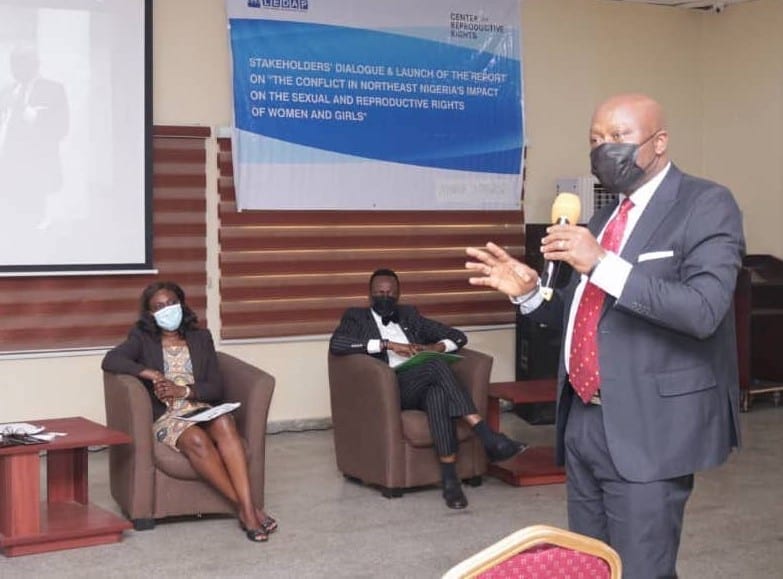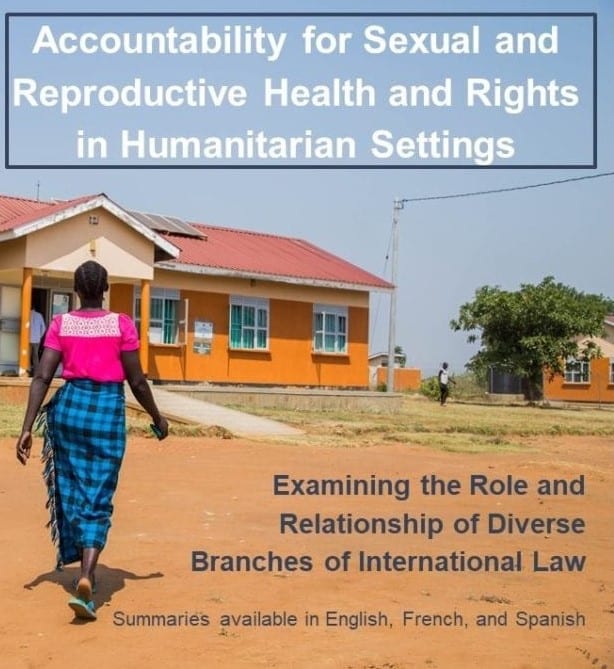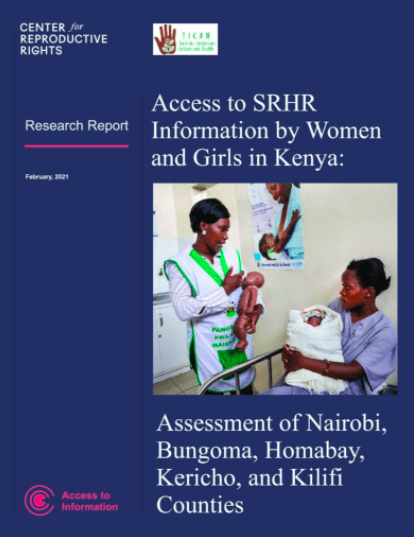Center Works to Combat Global Regression on Sexual and Reproductive Health and Rights
Convenes experts to address backlash against gender equality.

In many parts of the world, there has been a rising backlash against gender equality—particularly sexual and reproductive health and rights (SRHR)—with opposition groups attempting to roll back legal and policy protections at national, regional and global levels.
The regression of SRHR has harmful implications for women and girls, as well as for human rights defenders working to promote SRHR and the funding and prioritization of SRHR. In many countries, an emboldened opposition has influenced legislation, policy and practices and impeded SRHR progress.
As part of its work to promote the full realization of SRHR, the Center for Reproductive Rights is working to prevent and halt this alarming trend of regression while continuing to advance SRHR norms and standards throughout the world.
The Center recently convened a group of global experts for a dialogue on SRHR regression, hosting a webinar titled “Global Regression on Sexual and Reproductive Health and Rights: Organizing a Global Force to Defend and Advance Reproductive Rights.” The May event—designed for advocates and stakeholders from civil society organizations, governments, foreign missions, and the donor community—focused on the manifestation and impact of global regression, effective responses to address it, and how to organize a global movement to defend and advance reproductive rights.
Moderated by the Center’s Enid Muthoni, Senior Vice President, Global Legal Program, and with a keynote address by Nancy Northup, the Center’s President and CEO, the dialogue addressed such topics as:
- The opposition’s actors, issues and strategies in Africa, Latin America and the Caribbean, Asia and Europe, and globally;
- How SRHR advocates in each region are fighting against regression;
- The implications of regression on SRHR of women, girls, and non-binary persons; SRHR advocates; and human rights defenders and organizations;
- Common threads among regression in the regions;
- Lessons the movement can learn across regions and successful strategies for mitigating the opposition.
“It has become clear that within sexual and reproductive health and rights, abortion, assisted reproduction, adolescents’ SRHR, and LGBTI rights are the focus of efforts to undermine and roll back rights protections,” said Northup. “This makes it critical to respond to and thwart the threats as they make it harder to make sustained and steady progress towards securing and improving guarantees and protections for SRHR.”
Northup also tied regression to “the rise of nationalist and populist leaders and movements across regions,” noting the critical “role conservative forces in the U.S. have played in shaping opposition to SRHR” and the “devastating impacts of the previous U.S administration’s policies.”
Panelists Detail Regression in Each Region
Panelists at the “Global Regression on Sexual and Reproductive Health and Rights” session discussed the state of regression in their regions, with speakers including:
- Nelly Munyasia, Executive Director, Reproductive Health Network in Kenya;
- Susana Chavez, Executive Secretary at Clacai, Consorcio Latinoamericano Contra el Aborto Inseguro;
- Sai Jyothirmai Racherla, Deputy Executive Director at the Asian-Pacific Resource and Research Centre for Women (ARROW);
- Katrine Thomasen, Senior Legal Adviser, Europe, at the Center;
- Paola Daher, Senior Global Advocacy Adviser at the Center.
In concluding the session, Muthoni emphasized the “importance of keeping our knowledge updated on how the opposition groups are consistently organizing, adapting and evolving to infiltrate and influence our spaces across almost all the regions globally.”
The Center will continue its efforts in “addressing the opposition elements and regression” and also to “simultaneously advance access to SRHR across the board,” added Muthoni.
Read more:



